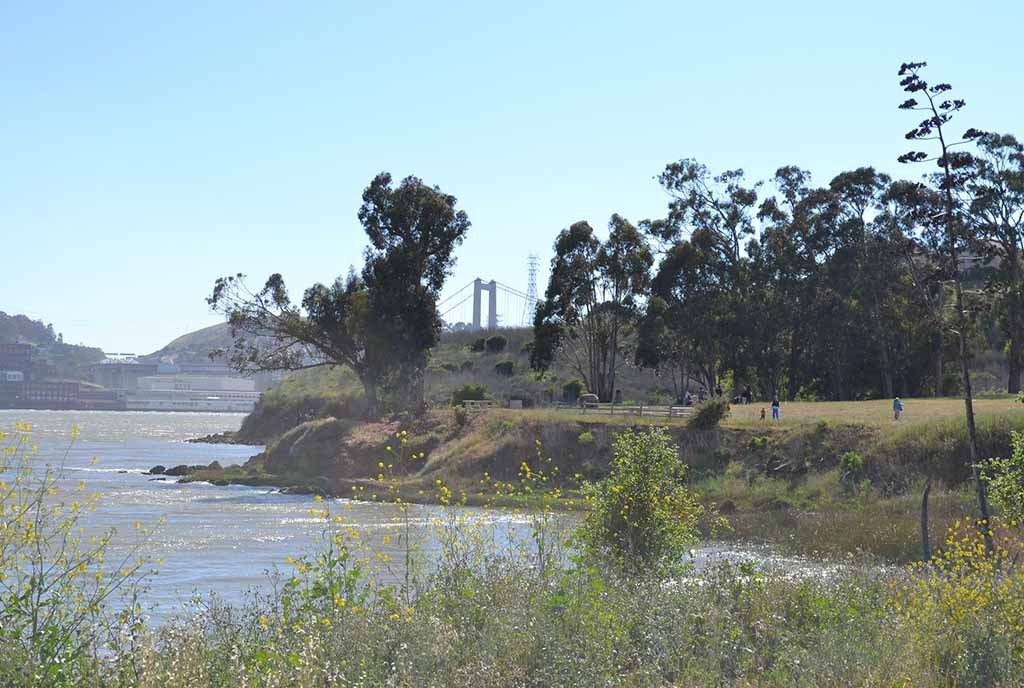
October 6, 2020; KOSU and Indian Country Today
A US Supreme Court decision that recognized much of eastern Oklahoma as Indian Country has suffered a major setback, after the federal Environmental Protection Agency (EPA) granted the state’s governor’s request to retain oversight over all environmental programs in those lands, as if the Court decision had not happened.
The Muscogee (Creek), Ponca, and Cherokee Nations bitterly criticized the EPA process which limited tribal sovereignty and consultation rights.
“[Governor Kevin Stitt] has been on the attack against the Native people here in Oklahoma since he’s been in office,” said environmental ambassador for the Ponca Nation, Casey Camp-Horinek, in an interview with KOSU public radio network.
Native Americans cautiously celebrated the Supreme Court decision in McGirt v. Oklahoma on July 9 that recognized the borders and criminal jurisdiction of the Muscogee (Creek) Nation reservation, established under the Treaty of 1866. Grounded on a pending rape case, the ruling determined that major crimes committed in the reservation could only be prosecuted under federal or tribal law. Many, however, pointed out that the decision would also have repercussions over taxation, environmental regulation, and zoning laws. Four other tribes with reservations in eastern Oklahoma also fall under the Court ruling.
Criticism of the Court’s decision, particularly from the oil and gas industries, was promptly made public as they anticipated new environmental regulations that would limit their operations. According to the Washington Post, about a quarter of Oklahoma’s oil and gas wells and 60 percent of refineries lie in Indian Country. Seven major crude oil pipes cross into Creek territory.
Sign up for our free newsletters
Subscribe to NPQ's newsletters to have our top stories delivered directly to your inbox.
By signing up, you agree to our privacy policy and terms of use, and to receive messages from NPQ and our partners.
To reassure its investors, the Petroleum Alliance of Oklahoma trade group quickly assembled lawyers and asked Stitt to call on a rider inserted in the Safe, Accountable, Flexible, Efficient Transportation Equity Act (SAFETEA) of 2005 that would curtail Tribal future law. The amendment to the federal transportation bill, which pertains exclusively to Oklahoma, allows the state to administer and supervise all environmental programs on Indian country. It has long been considered a direct attack on Tribal sovereignty and ability to protect their natural resources.
EPA Administrator Andrew Wheeler promptly approved Stitt’s request, essentially continuing Oklahoma’s status quo of overseeing all environmental permits on Native reservations (excluding Tribal trust lands and allotments). “This rider really is a major infringement on Tribal sovereignty within the state of Oklahoma,” Native American Law professor Dylan Hedden-Nicely told KOSU. “Tribes throughout the United States have treatment in the same manner as a state and as a result of that are able to promulgate their own air, water and other environmental quality standards.”
Cherokee Nation Principal Chief Chuck Hoskin Jr. issued a statement October 5 expressing great frustration in what he saw as an ongoing erosion of trust between state and Tribal governments:
Cherokee Nation Principal Chief @ChuckHoskin_Jr issues statement today on the EPA granting the state oversight of environmental regulations on tribal lands. pic.twitter.com/YljiSfUDLi
— CherokeeNation (@CherokeeNation) October 5, 2020
What comes next? Native lawyers do not rule out the possibility of legal action. Sadly, Wheeler and Stitt’s confrontational stance threatens a framework of collaboration that had been established with an intergovernmental agreement in principle reached between the five Oklahoma tribes and Oklahoma Attorney General Mike Hunter on civil and criminal jurisdiction. As such, once again extractive industries upset the delicate balance of healing that needs occur given Oklahoma’s role in intergenerational trauma of its indigenous population.—Sofia Jarrin













